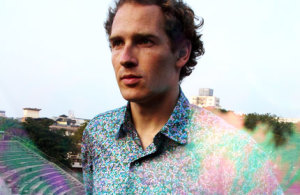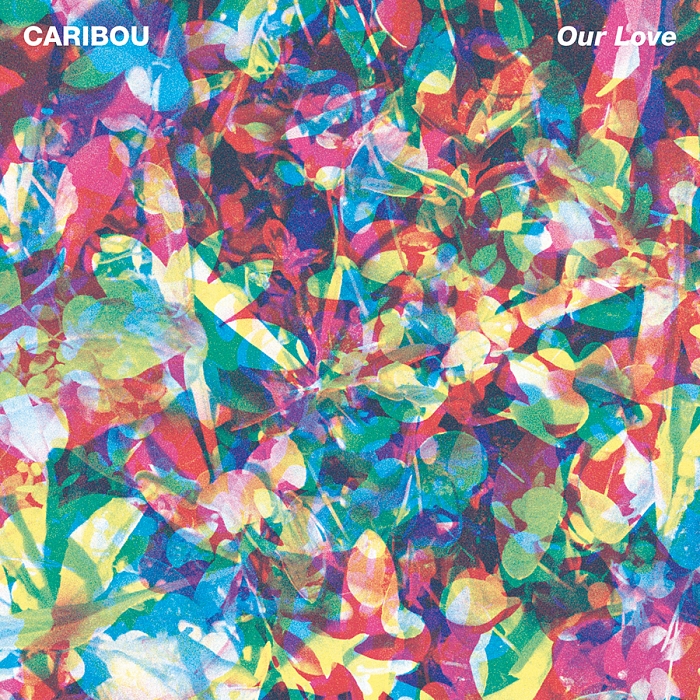Surprise, surprise; I love this album. I mean, come on, I wouldn’t be writing about it unless I liked it, but that is beside the point. The real reason why I love it so much is that it’s a complex hybrid between instrumentation and repetitiveness.
The artist Caribou (the stage name of Canadian producer Daniel Snaith) has been on the scene since 2005 and has put out seven studio albums under three monikers. Interestingly, he received a doctorate in math in 2005, so he has a good conceptual and logistical understanding of mathematical technicalities. In this album, his styles of repetitive, bass-driven electronic music reflect his education and ability to understand the concepts of math. What I mean is that Caribou uses formulaic patterns and instrumentation to precisely create the sound that he wants. He pursues emotional expression through the warped beats and synth patterns which overlap onto one another to create a perfect blend of ambient and trap music.
Over time, Caribou’s style of music has changed from a pop-influenced, “dance-y” mix with an intermingling of international styles to a more heavy and vocal style with aggressive synth patterns. He used to produce lazily flowing patterns that never stuck around with the listener, but now he focuses his efforts on either vocal or instrumental in-your-face melodies that repetitively play throughout the song. Caribou does not deviate (that often, anyway) from the repeating pattern of the song, which I deem the “thesis,” which allows him to either add or strip down the layers of the song to create different interpretations for his aforementioned “thesis.”

This presentation of the “thesis” is very prevalent in all the tracks on “Our Love,” but even though each “thesis” is different, the album runs together to create a perfect experience of mental freedom, as if the listener just lost track of time in a sonorous wonderland. While there is still a sense of difference and independence between each track, they combine for a generally greater experience, so, in this case, the album is greater than the sum of its parts.
Down to specifics: I love all of the tracks, but my favorite track is “Julia Brightly,” hands down. The fade on the introduction and outro of the song brings about a sense of peace, as there is no abrupt beginning or ending. In addition, the aggressive synth patterns could make anyone’s head nod, while the emphasis of each beat by the bass really bring out the rhythmic intensity of the song. The intermittent modulations of a wavering wall of electronic noise give the repetitive song a diverse audio quality.
In addition, I dig several other tracks like “Dive,” “All I Ever Need,” “Second Chance,” and “Back Home” due to their technical complexity with the mixing of vocal and instrumental textures. Each song implores its own terrific “thesis” that can sway in dynamics as layers of synth, as well as create an over-washing experience for the listener. Lastly, the tracks bring about a “space-y” feel as they create an illusion of the listener blasting off into space to explore the unknown on a phonic quality.
In the end, the album is practically a true masterpiece. It gives the listener a great exploration into electronic music and all of the potential it has to offer.


[…] The rhythm of love: Caribou's sixth album pleases The artist Caribou (the stage name of Canadian producer Daniel Snaith) has been on the scene since 2005 and has put out seven studio albums under three monikers. Interestingly, he received a doctorate in math in 2005, so he has a good conceptual and … Read more on The Flat Hat […]